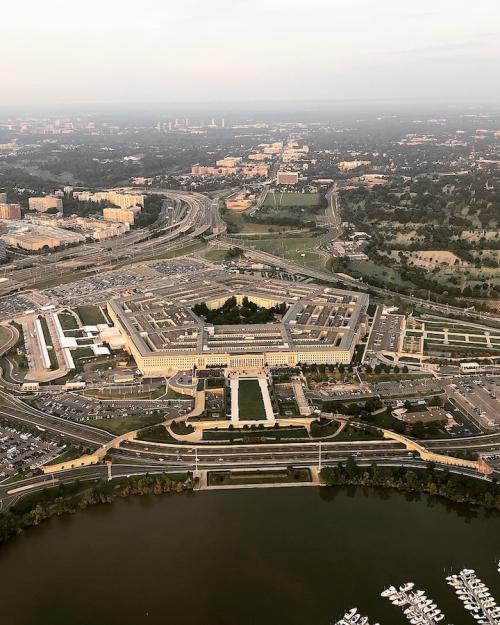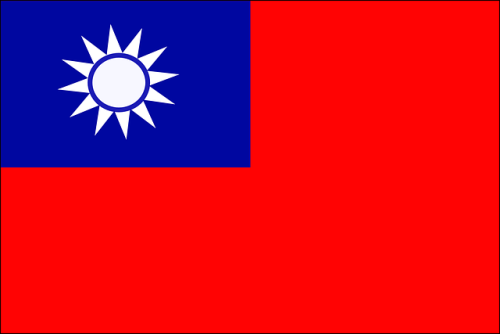U.S. House Speaker Nancy Pelosi has landed in Taiwan, becoming the highest-ranking American official in 25 years to visit the self-ruled island.
Allen Carlson, associate professor of government in the College of Arts & Sciences, is an expert on China. He says:
"Ever since President Richard Nixon moved to normalize relations between the United States and the People’s Republic of China in the early 1970s, the two sides have largely agreed to disagree over Taiwan’s status. Beijing insisting it has always been a part of China, Washington not quite accepting such a formula – but also not rejecting it. Neither country has ever been truly satisfied with such ambiguity, but both have generally found it to be tolerable considering their perceived mutual interests on broader strategic and economic issues.
“The rift between the two sides over Taiwan has yawned open in recent years. During this period under Xi Jinping’s leadership, China has looked to flex its muscles and seemed to grow increasingly impatient with Taiwan’s waywardness. America has grown ever leerier of China’s rise. It is only within the context of such tensions that Speaker Nancy Pelosi’s unfolding visit to Taiwan can be understood. For China, it is a direct violation of its national sovereignty, and a provocation Xi is unlikely to ignore. For Pelosi, it is a demonstration of resolve and support for an ally in peril.
“The irony being that it is far from clear that the Biden administration itself is supportive of the Speaker’s trip. This is not to imply that the President has turned a blind eye toward China’s bellicose behavior toward the island, especially in light of the ongoing Chinese clampdown on Hong Kong and human rights abuses in Xinjiang and Tibet. Rather to call attention to the fact that Biden (like most American Presidents since Nixon) has tried to have his cake and eat it too regarding China and Taiwan, largely by refraining from putting too much on his plate at any one time.
“The Speaker’s trip to the island upsets such a balancing act. Her presence on the island, while welcome by many Taiwanese, is seen in China as a particularly blatant U.S. grab of an especially desirable slice of China’s own cake. The question then becomes will Xi respond by forcefully trying to claw Taiwan back or will the Speaker’s actions be sufficient to help keep the island out of China’s grasp.”
For media inquiries contact Becka Bowyer, (607) 220-4185, rpb224@cornell.edu.




